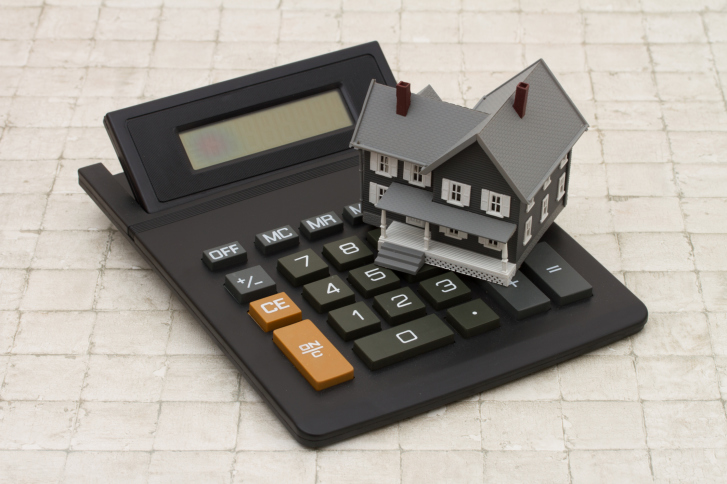3 ‘Must Know’ Pieces of Advice for First-time Home Buyers
 When delving into the realities of home ownership, there can be many factors involved that make it difficult to determine what you need to know and what can wait until later. If you happen to be a first-time buyer who’s looking for the best tips for purchasing a home, look no further than the following three pointers to set you on the right path.
When delving into the realities of home ownership, there can be many factors involved that make it difficult to determine what you need to know and what can wait until later. If you happen to be a first-time buyer who’s looking for the best tips for purchasing a home, look no further than the following three pointers to set you on the right path.
Get Familiar With Your Credit Score
If you haven’t looked at your credit report for a long time, it can be a daunting task to request this information. Fortunately, your credit report is free from AnnualCreditReport.com and it will prepare you for what lenders are going to see. By taking this important step, you will be able to determine any delinquent accounts or balances owing that have gone to collections, and hopefully have these cleaned up before they can become a problem for your mortgage.
Determine The Price You Can Pay
While you may have a price in mind for what you’re willing to pay for a home, it’s important to determine your debt-to-income ratio before putting in an offer. Your DTI ratio can be determined by taking your total monthly costs, adding it to what you would be paying for a home and dividing it by your monthly gross income. If it’s a housing price that will work for you, this amount should equate to less than 43%.
Organize Your Housing History
If you have a good history as a tenant, the next step will probably be the easiest of all, but it’s very important in order to prove you’re a responsible candidate for home ownership. Once you’ve acquired a Verification of Rent from any applicable landlord in the previous year, you’ll want to ensure that you have money in the bank. While RRSP’s can make a good impression, make sure you have liquid assets available so you can convince the lender your home investment is manageable.
There are a lot of things to know when it comes to buying a home, but if you’re a first time buyer the most important thing is to ensure that your finances are organized and that you’re not diving into more house than you can afford. By taking the time to determine your debt-to-income ratio and looking into your credit, you can ensure a positive first-time buying experience. If you’re wondering about homes for sale in your area, you may want to contact your trusted real estate professionals for more information.

 Whether or not you’re new to real estate, there’s little doubt that you’ve heard the term down payment as it relates to purchasing a home. There’s a lot of different information out there in regards to how much this figure should be and it can be hard to determine exactly what the importance of this payment is. If you’re trying to determine the ideal amount to put down, here are some things to consider.
Whether or not you’re new to real estate, there’s little doubt that you’ve heard the term down payment as it relates to purchasing a home. There’s a lot of different information out there in regards to how much this figure should be and it can be hard to determine exactly what the importance of this payment is. If you’re trying to determine the ideal amount to put down, here are some things to consider. If you’re planning to buy a home in the near future, you’re probably already in the process of saving up for a down payment. But if you haven’t seen a mortgage advisor or started looking at properties yet, you probably don’t have a good idea of what a down payment will cost you. Different mortgages have different down payment requirements, and you’ll need to figure out ahead of time how much of a down payment you need to put forward.
If you’re planning to buy a home in the near future, you’re probably already in the process of saving up for a down payment. But if you haven’t seen a mortgage advisor or started looking at properties yet, you probably don’t have a good idea of what a down payment will cost you. Different mortgages have different down payment requirements, and you’ll need to figure out ahead of time how much of a down payment you need to put forward.